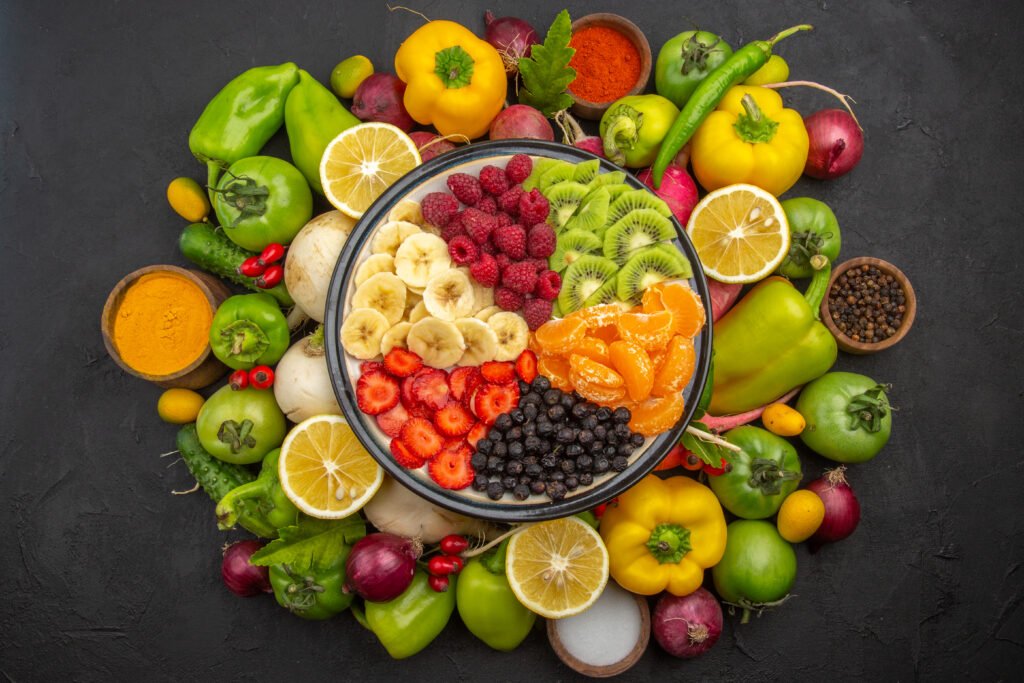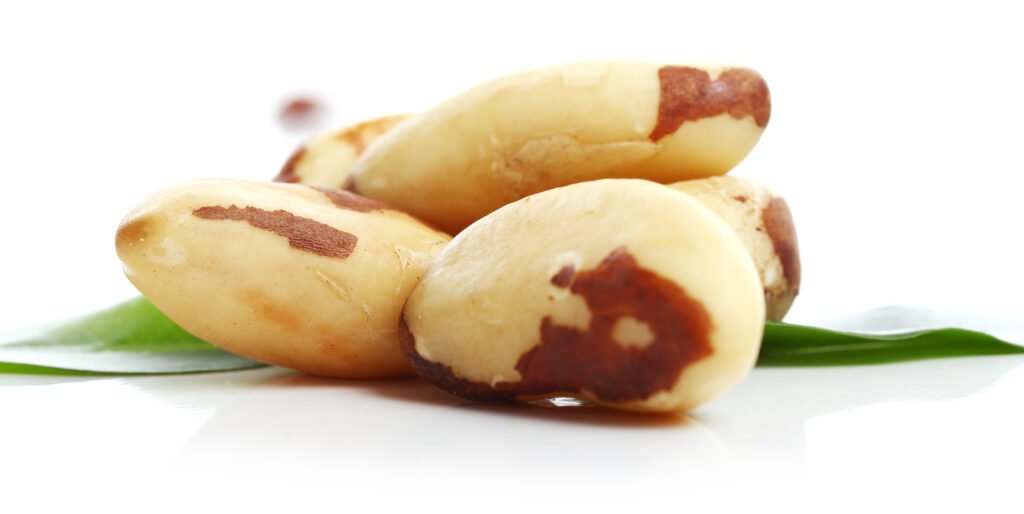From stomach aches and bloating to nausea, diarrhea, and constipation, digestive and Gut problems are more common than you might think. The National Institute of Diabetes and Digestive and Kidney Diseases reports that nearly 70 million people in the U.S. experience some form of digestive issue.
Many people seek relief through probiotics and prebiotics. “While these can help improve gut health, they’re not the only important tools,” says JeJe Noval, Ph.D., M.S., RDN, a dietitian specializing in digestive and hormone health. A healthy gut also needs a well-balanced diet rich in essential vitamins and minerals.
1. Zinc
Zinc is the second most abundant trace mineral in the body and has many important functions. Known for boosting immunity, healing wounds, and supporting growth, zinc is also crucial for gut health, according to a 2022 study in Biomolecules.

“Zinc helps produce stomach acid, which is needed for good digestion,” says Sara Korzeniewski, RD, a dietitian and functional medicine expert. She notes that zinc and sodium are both important for maintaining the right levels of stomach acid.
Zinc’s benefits for the gut go beyond digestion. JeJe Noval, Ph.D., M.S., RDN, says that “zinc helps keep the cells lining the gut tight,” which is essential for preventing leaky gut syndrome and food intolerances. Good sources of zinc include dairy, eggs, legumes, nuts, and seeds.
However, Korzeniewski points out that the best sources are oysters, red meat, and poultry.
2. Magnesium
Magnesium is a key mineral for keeping the gut working well. “It relaxes the gut muscles, helping food move smoothly through the digestive tract and preventing constipation,” says Sara Korzeniewski, RD.
Without enough magnesium, you might experience constipation, bloating, and stomach pain. To avoid these issues, include magnesium-rich foods in your diet like spinach, avocados, anchovies, and dark chocolate.
3. Selenium
Selenium is well-known for its role in thyroid hormone metabolism, but it is also important for digestion. “Selenium is crucial for healthy digestion as it helps the pancreas produce digestive juices. It also prevents inflammation and oxidative damage that can harm the gut,” says Korzeniewski.
